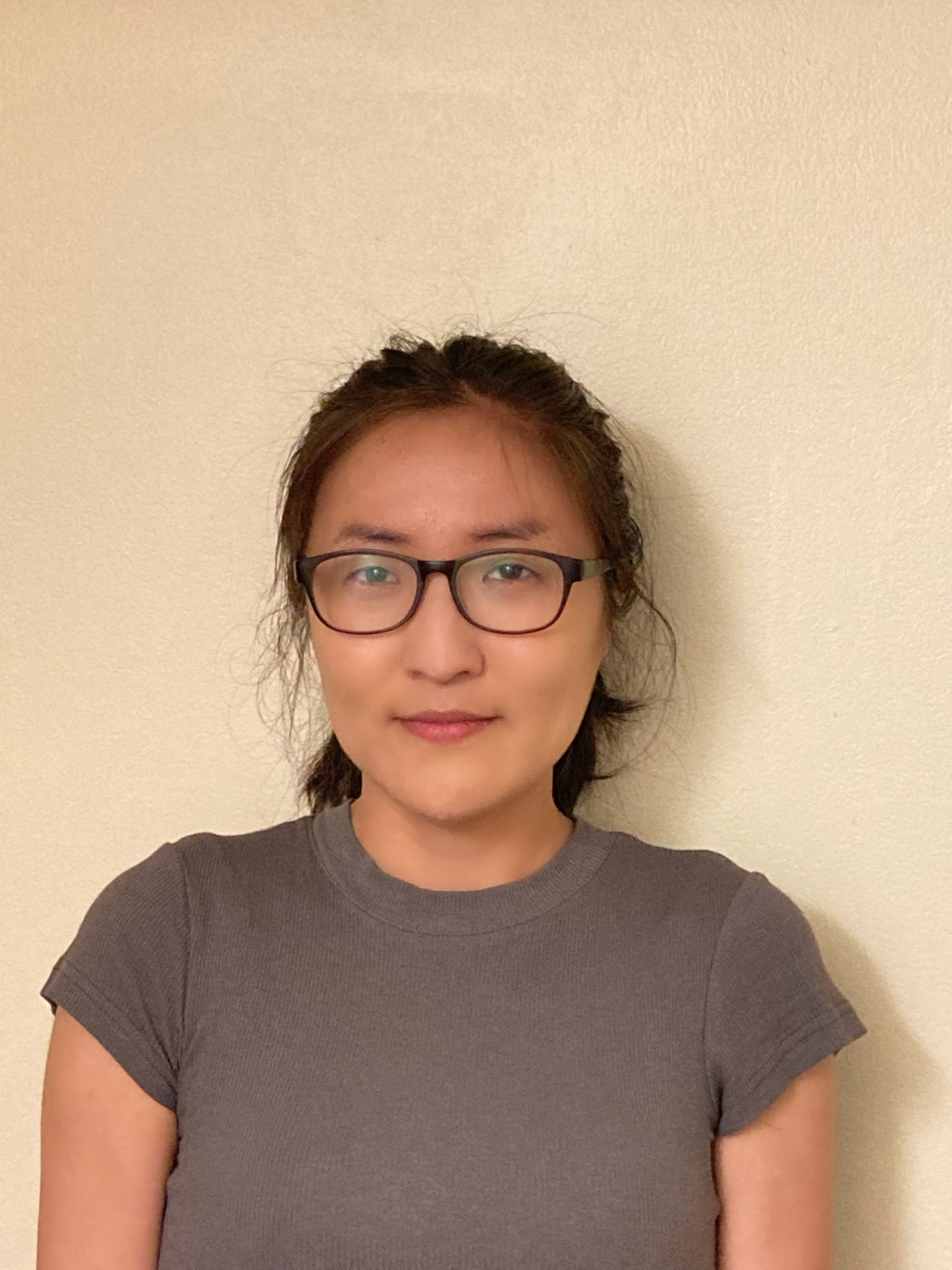“You study Public Diplomacy. What’s that?”
Whenever I tell people that I’m a public diplomacy and global communications student, they give me a puzzled look, and I totally get that. Unlike other familiar sectors like public relations, magazine, marketing or economics, public diplomacy is a relatively new field.
Before we talk about public diplomacy, we have to understand hard power and soft power by nation-states. Hard power refers to coercion, military action, invasion, nuclear power and other defense-related tools. The best example from the current events is the Russian invasion of Ukraine which began in late February. After the end of the Cold War, the world was pretty optimistic that each nation would exist peacefully now and there would be no war. However, many events—and not just recent ones—have shown that countries will use hard power if they deem it necessary.
Soft power, on the other hand, is about influencing public opinion through cultural aspects, education, exchange programs, information, music, food and other intangible spheres. In other words, soft power values peaceful communication to persuade people.
In this case, public diplomacy is a part of the soft power that nation-states exercise. More particularly, public diplomacy aims to influence other countries’ public opinion by boosting its image and creating mutual communication. Setting a favorable image in people’s minds is key; how to keep that pleasant image consistently is another thing. Public diplomacy closely aligns with public relations.
Examples of public diplomacy are broadcasting (television, radio, podcast, social media, etc.); advocacy campaigns; educational programs; cultural exchange programs; bilateral summits; music festivals and so on.
In simpler words, it’s diplomacy towards the public. While traditional diplomacy is carried out between states, this one is aimed at audiences of foreign nations and can be implemented by different actors.
I chose to study public diplomacy because, in the long term, I plan to make a contribution to my home country Mongolia’s public diplomacy policy and activities through media content that would export globally. I care about my country’s image to the rest of the world and want to do something about it.
Lately, I’m happy that I’m obtaining this joint degree from the Newhouse and Maxwell schools, which are the two best schools in their fields!

Ichinkhorloo Khosbayar is a graduate student in the public diplomacy and global communications program at the Newhouse and Maxwell schools.